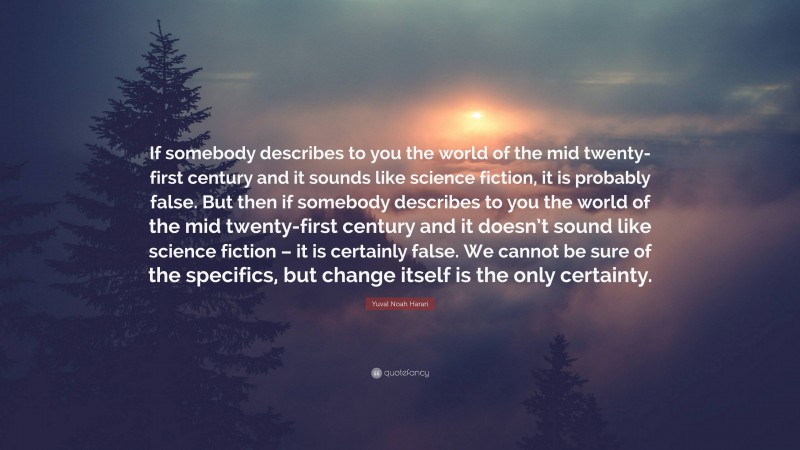

Prisons, slaughterhouses and concentration camps are also systems of mass cooperation. All the terrible things humans have been doing throughout history are also the product of mass cooperation. Put 100,000 humans there, and you’ll get trade networks and sports contests.Ĭooperation is not always nice, of course. Put 100,000 chimps in Wall Street or Yankee Stadium, and you’ll get chaos. But pit 1,000 Sapiens against 1,000 chimps, and the Sapiens will win easily, for the simple reason that 1,000 chimps can never cooperate effectively. One-on-one or ten-on-ten, chimpanzees may be better than us. Only Homo sapiens can cooperate in extremely flexible ways with countless numbers of strangers. If I am a chimp and I want to cooperate with you, I must know you personally: What kind of chimp are you? Are you a nice chimp? Are you an evil chimp? How can I cooperate with you if I don’t know you? Among wolves and chimps, cooperation is based on personal acquaintance. Wolves and chimpanzees cooperate far more flexibly than ants, but they can do so only with small numbers of intimately known individuals. They cannot, for example, execute the queen and establish a republic. If a beehive is facing a new threat or a new opportunity, the bees cannot reinvent their social system overnight in order to cope better. Ants and bees can also work together in large numbers, but they do so in a very rigid way. Humans control the world because we are the only animal that can cooperate flexibly in large numbers. The real difference between us and other animals is on the collective level.

If you place me and a chimpanzee together on a lone island, to see who survives better, I would definitely place my bets on the chimp.

But the fact is that one-on-one, humans are embarrassingly similar to chimpanzees. We want to believe that there is something special about the human body or human brain that makes each individual human vastly superior to a dog, or a pig, or a chimpanzee. We often look for the difference between us and other animals on the individual level.

How did we reach from there to here? What was our secret of success, that turned us from insignificant apes minding their own business in a corner of Africa, into the rulers of the world? Today, however, humans control this planet. Their impact on the world was very small, less than that of jellyfish, woodpeckers or bumblebees. The most important thing to know about prehistoric humans is that they were unimportant. The reason is not what you might expect.ħ0,000 years ago humans were insignificant animals. History professor Yuval Noah Harari - author of Sapiens: A Brief History of Mankind - explains why humans have dominated Earth.


 0 kommentar(er)
0 kommentar(er)
